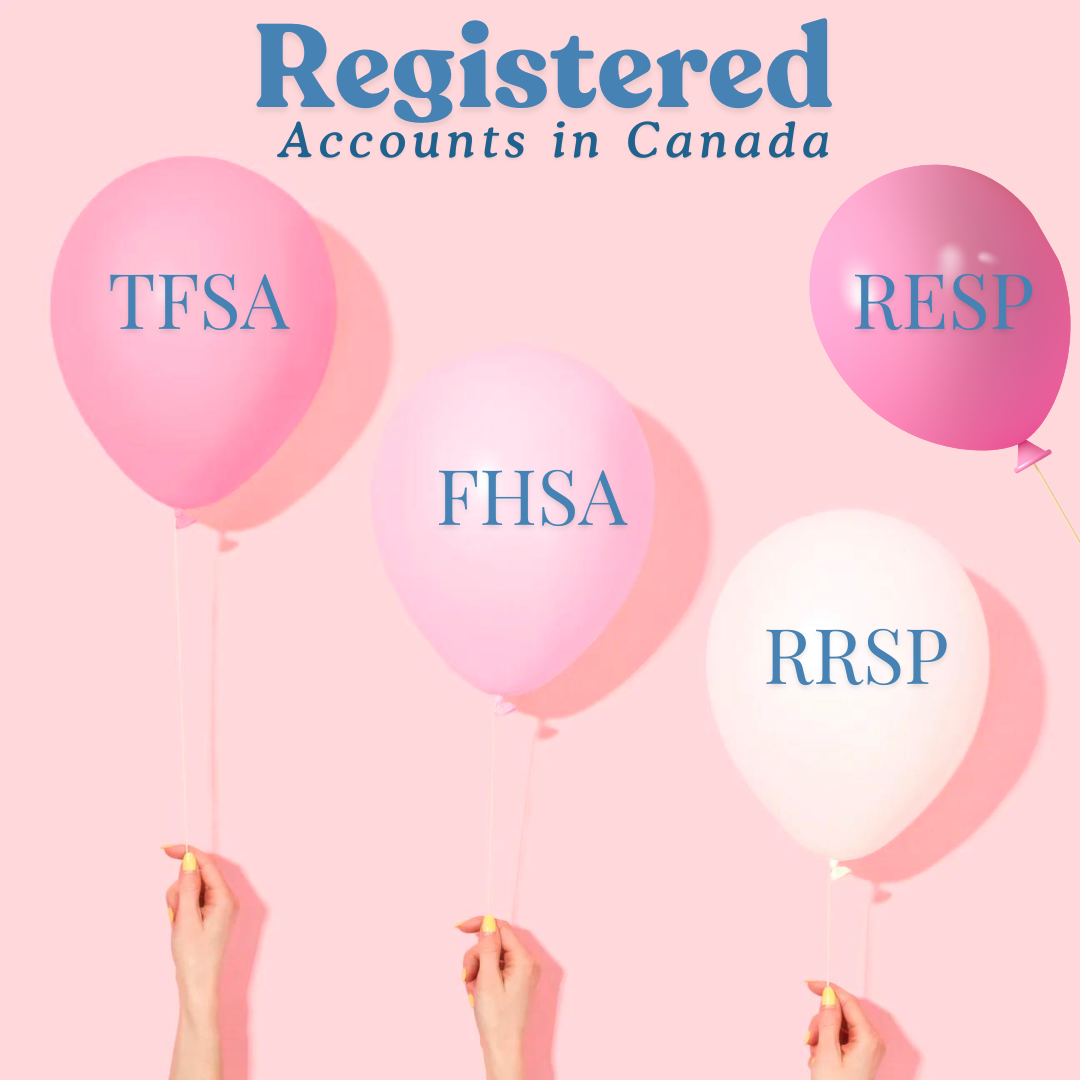Let’s Talk Real Estate (Part 1)
It’s no secret that one of the major benefits of purchasing a home as a Canadian resident is generally there’s no tax on the sale of the home if it’s your principal residence for every year you owned it. This is called the Principal Residence Exemption in Canada.
Even if the sale of the home is not taxable, you still need to report the sale of your principal residence on your tax return. For example, if you sold your property in 2021 and it was your principal residence you have to report the sale and designate the property on Schedule 3 (Capital Gains/Losses). In addition, you also must complete Form T2091 – Designation of a Property as a Principal Residence by an Individual (Other Than a Personal Trust). Only the first page of form T2091 would be completed if your property sold was your principal residence for all the years you owned it, or for all years except one year, being the year in which you replaced your principal residence.
What if you sell the home as Non-Resident of Canada?
Capital gains arising from the sale of your Canadian home are exempt from tax as long as the following conditions are met:
1. You have been a Canadian resident for the entire period of ownership of the home AND
2. The home has always been your principal residence
When you sell your home as a non-resident of Canada, all or a portion of the gain may be subject to tax. The exempt portion of the gain is calculated by the following formula:
1 + #years you were a resident of Canada and the property was your principal residence / # years you owned the property.
Therefore, if you depart Canada in X year, your home must be sold the following year (X+1 year) after departure to avoid tax on a gain from sale. Also note that if you sell Canadian property while you are a non-resident of Canada, the purchaser is required to withhold 25% of the gross proceeds (although this is not the final tax owing).
Apply for a Certificate of Compliance
If the seller applies and obtains a clearance certificate or “Certificate of Compliance” from Canada Revenue no later than 10 days after the date of disposition, the withholding is reduced to 25% of the Net Gain, therefore reducing the withholding tax depending on the amounts. The certificate of compliance is requested by completing and filing form T2062 – Request by a Non-resident of Canada for a Certificate of Compliance Related to the Disposition of Taxable Canadian Property.
Canada Revenue will request payment or acceptable security and generally the seller’s lawyer remits the amount, if applicable, to Canada Revenue. Upon receipt of the Certificate of Compliance, the purchaser can release the amounts withheld to the seller. The final tax would be settled on the individuals T1 Tax Return and any refund would be applied for on the tax return.
It is important to let Canada Revenue know about the sale or proposed sale by filing the Certificate of Compliance in due time for the closing of the home sale. The penalty for late filing is $25 per day to a maximum of $2,500.
Please contact me if you or your real estate clients require assistance with completion of form T2062. Tax-planning opportunities can be taken to ensure the minimum amount required by law is paid.










